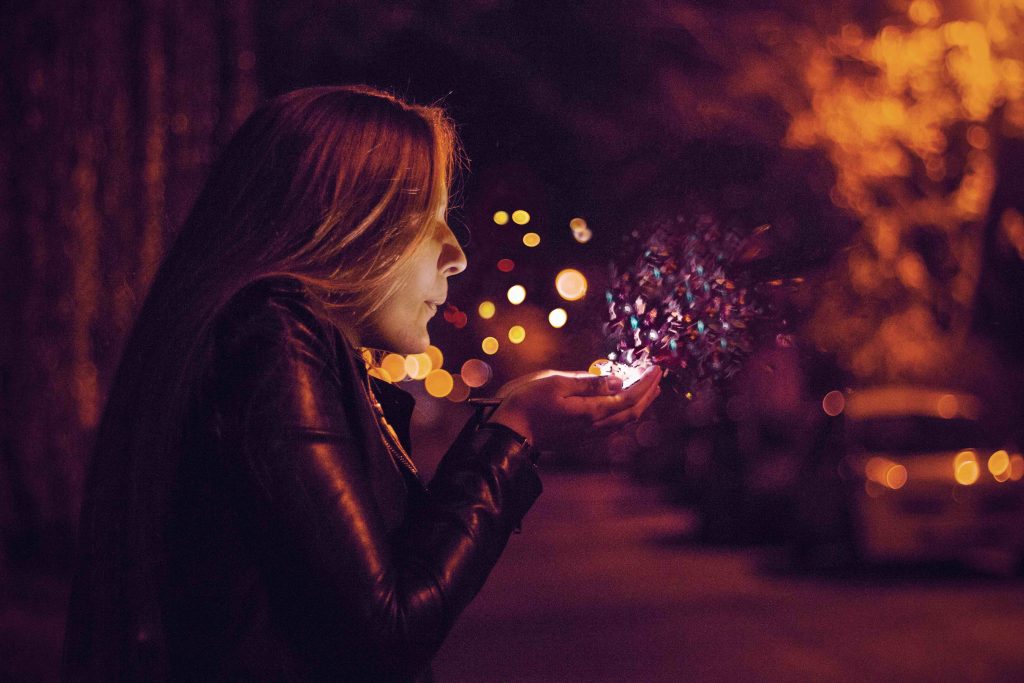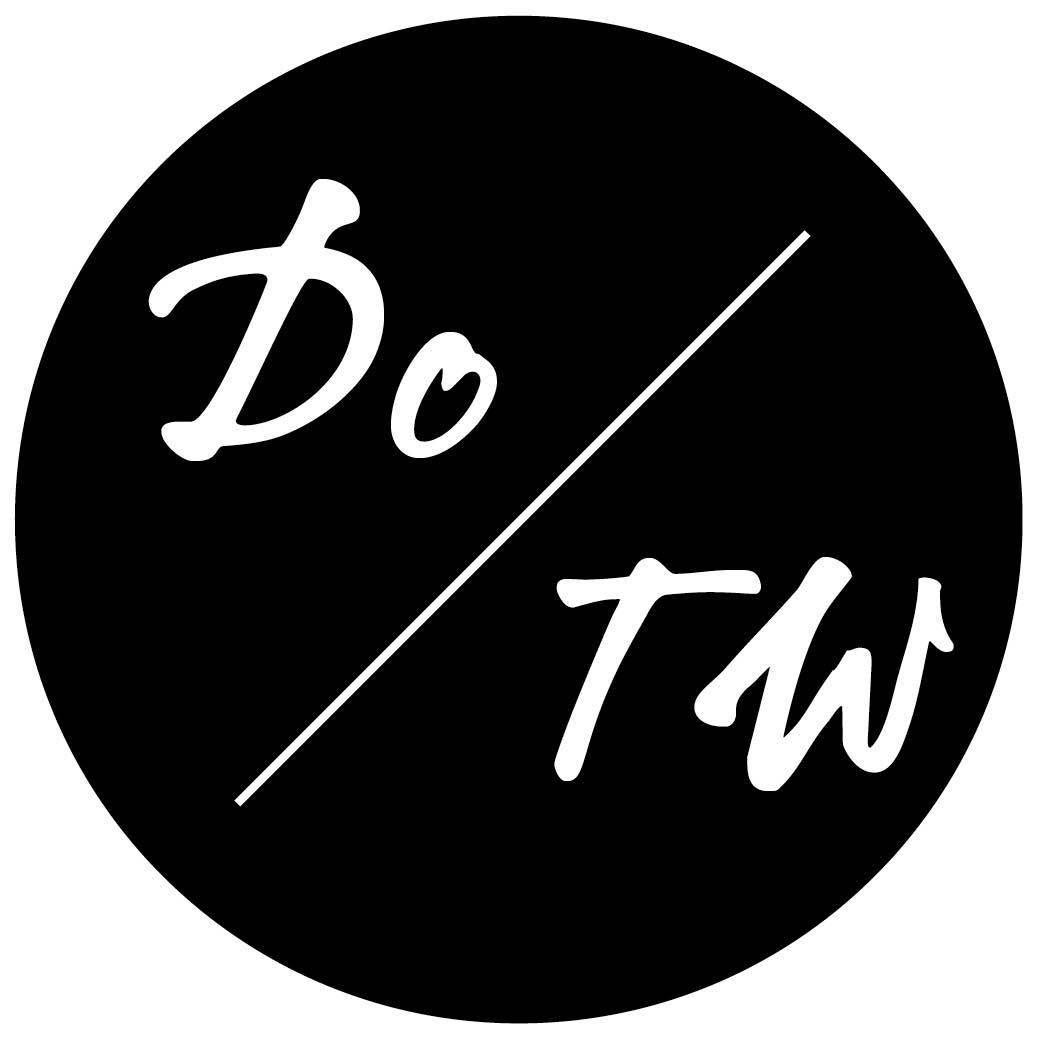Are Travel Writers Really Magicians?

I remember when I was designing our Travel Writers Detox + Reset retreat, I thought a lot about the topic of burnout.
The other side of this Janus coin is often thought to be balance, and I’ve seen a number of newsletters from freelancers and other online business owners concerning their struggles with this topic. Maybe it’s the time of year sneaking up on us and reminding us that we’re now one an accelerating train headed for the holidays.
I’ve often seen, whether in my own life, something I’ve read, or conversations with others, that the opposite of burnout is something more akin to revitalization–rekindling your love for either what you’re already doing or something else entirely that is what really lights you up.
I remember devouring a book I’d had on my Kindle app after I saw its author speak a few summer ago, as part of my research.
It’s called Here is Real Magic.
Real Magic
The author, Nate Staniforth, is one of the busiest working magicians in the country, according to his bio. Since the book was published by Bloomsbury, I assume they fact-checked that!
But the strange thing is… Here is Real Magic is actually a travel book.
Not just because the author travels constantly to perform, which he does. But because it is largely the story of his journey around India in seek of much older magics than you typically see on any Western stage.
Throughout the book (which I found excellent in its travel writing as well and highly recommend, as do others, since I found out about him, because best-selling author Chris Guillebeau was so taken with the book he invited Staniforth to speak at his 1,000+-attendee summer event), I wasn’t too jarred by this melding of travel and magic, in part because of the way the journey is set up.
Staniforth is touring so much, working so hard, and away from his family so often that he completely loses any enjoyment in and desire to continue his work.
In that, the story is like the beginning of many a travel blogger/writer’s tale of leaving another job during a period of high stress to travel.
But it was only close to the end that I began to see how inextricably the work of these two trades is intertwined.
We all have different driving motivations in our travel writing work, but we tend to have been drawn to the field in the first place for similar reasons simmering around feeling there is something that comes from travel that is life-changing that we must share with others.
If you are feeling overwhelmed with what you have on your plate and in need of reliving the joy of why we all do this in the first place, these two passages from Here is Real Magic struck me as both a reminder and a call to action… though they may make you massively re-evaluate how you’re spending your time!
Discover More Inspiration:
- People Die of Exposure – Why Give Away Your Work For It?
- Is Your Social Circle Helping You Achieve Your Travel Writing Goals?
- Why Do We Avoid the Simple, Easy Steps that ACTUALLY Move Us Toward Our Goals?
Note: I’ve included some additional paragraph breaks to make this easier to read on a screen, because the sections I picked happen to be very long grafs!
“I had been trying for years to identify exactly why so much of the magic in my culture disappointed me, including my own. The real issue is that so often, magic doesn’t feel true. It doesn’t make you say ‘Aha! Yes! I remember that! I knew that once.’
Years ago I came across the idea that truly great works of art instruct less than they remind. When you listen to Bob Dylan’s Time Out of Mind or walk through Frank Lloyd Wright’s Unity Temple in Oak Park, Illinois, or watch old videos of Michael Jordan at the height of his powers, the experience is not one of discovering something old within yourself.
These pieces of art and feats of athleticism are bigger than the artists’ personal experience. They resonate on a universal human level, and we find in them pieces of our own selves that we may have forgotten in the daily business of living.
I didn’t understand the words of the song. I didn’t know the meaning of the lights or the candles. None of the specific theology of the moment was available to me. It didn’t matter. Whatever it was that rose up from that particular combination of sound, fire, darkness, and water transcended theology. It was bigger and more fundamental. Like real magic.” (“Now We Put the River to Sleep” chapter, Kindle location 2494)
Godmen
In the chapter “Godmen,” he expands upon this:
“When you’re amazed by something, part of that experience is the rapid realization that your previous understanding of existence was too limited to accommodate this new thing you’ve just seen.
This could be as mild as witnessing a display of extraordinary skill–say, a YouTube video of a mountain biker racing down an implausibly narrow ridge, deftly maneuvering the bike over the trail with thousand-food sheer drops inches away on either side–and having to suddenly expand your assumptions about human bravery and physical ability.
It could be as large as looking up into the depths of the Milky Way one night and realizing with awe and regret that somewhere along the way your working awareness of the universe had shrunk to fit the parameters of your everyday life, that you had inflated the importance of small concerns and ignored your connection to the wider world around you.
Big or small, these jolts of expanding awareness are a fundamental component of the experience of wonder.” (Kindle location 1937)
If you feel like you could use more wonder in your life or writing and don’t have time to read the whole book, I highly recommend checking out the short video he’s put together here.
Whether you’re writing service pieces showing that something that seems difficult or impossible to others can be done (hello, family-friendly vacations for three teenagers or securing visas for a back-to-back trip to all the ‘stans!) or first-person narratives inspiring armchair travels, I can’t wait to see the wonder you create for your readers this week.
Want to Expand Your Expertise on This Topic?
Check out our info-packed video courses to go in-depth and quickly skill up. People have called them “a wealth of knowledge” and “invaluable tools,” and told us “you do an amazing job of helping people,” and “I am learning more from you than any other person.”
